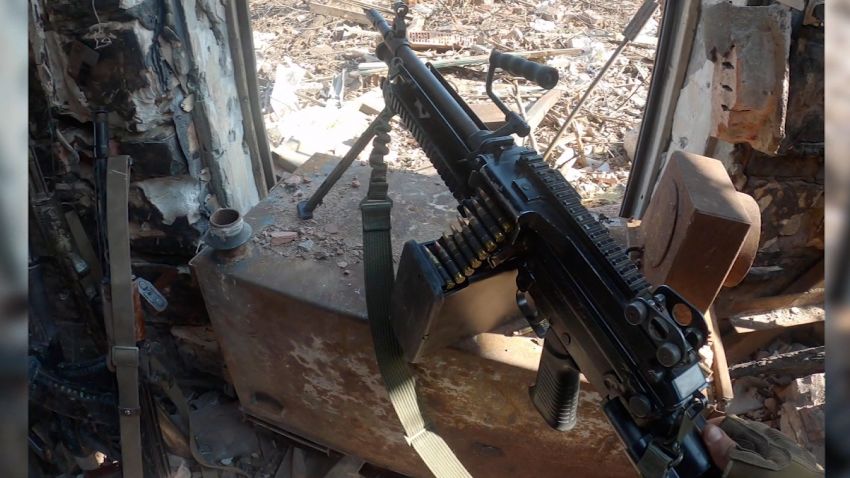As the war between Ukraine and Russia enters its 20th month, Western militaries find themselves grappling with a critical challenge – dwindling ammunition supplies. High-ranking NATO and British officials sounded the alarm on Tuesday, urging member nations to accelerate production to ensure Ukraine’s ability to resist the Russian invaders. The unsettling news of potential ammunition shortages surfaces amidst concerns over the exclusion of funds for arming Ukraine in a recent stopgap spending bill passed by the US Congress. This unexpected development has raised questions about the West’s commitment to supporting Ukraine and the endurance of the conflict. Adm. Rob Bauer of the Netherlands, Chair of the NATO Military Committee, emphasized the gravity of the situation, stating, “The bottom of the barrel is now visible,” highlighting the dire state of Western ammunition stockpiles.
Ammunition Reserves Depleted
Adm. Rob Bauer, addressing the Warsaw Security Forum, revealed that Western nations had been supplying Ukraine with weapons and ammunition but, regrettably, not from their well-stocked warehouses. Instead, they began providing from stores that were already at half capacity or less, and these supplies are now running perilously low. This revelation underscores the urgent need for increased production and replenishment of ammunition reserves.
UK Minister Calls for Sustained Aid
James Heappey, the Minister of State for the Armed Forces of the United Kingdom, echoed the sentiment of maintaining support for Ukraine despite the depleted stockpiles. He stressed the importance of continuing to provide aid to Ukraine daily while concurrently rebuilding Western ammunition reserves. Heappey emphasized that the commitment to sustaining Ukraine’s ability to defend itself must remain unwavering, reflecting the crucial role Ukraine plays in the region’s security.
Warning of Potential Setbacks
Analysts are now warning that the United States, often referred to as the “arsenal of democracy,” must significantly increase its ammunition production to prevent Ukraine’s war effort from faltering. Thomas Warrick, a nonresident senior fellow at the Atlantic Council, cautioned that munitions for Ukraine were not being produced or delivered quickly enough. He highlighted that Ukraine’s forces, though adaptable, needed a consistent supply of ammunition and weapons.
The critical situation is further exacerbated by uncertainties in Washington, where the aid for Ukraine was omitted from the recent spending bill, casting doubts over Ukraine’s standing on the battlefield. US Undersecretary of Defense Michael McCord underscored the urgency of additional funding, stating that a lack of timely procurement and deliveries could jeopardize essential Ukrainian operations. This includes air defense and ammunition, which are critically needed as Russia prepares for a winter offensive and continues its bombardment of Ukrainian cities.
As the conflict between Ukraine and Russia rages on, the Western world faces a pressing dilemma. Ammunition supplies are running dangerously low, raising questions about the commitment to Ukraine’s defense and the conflict’s ultimate outcome. In the face of these challenges, NATO officials, British ministers, and analysts all emphasize the need for a concerted effort to replenish ammunition reserves and sustain Ukraine’s fight against the Russian invaders. The fate of Ukraine and the stability of the region hang in the balance as Western nations grapple with the urgency of this dire situation.















